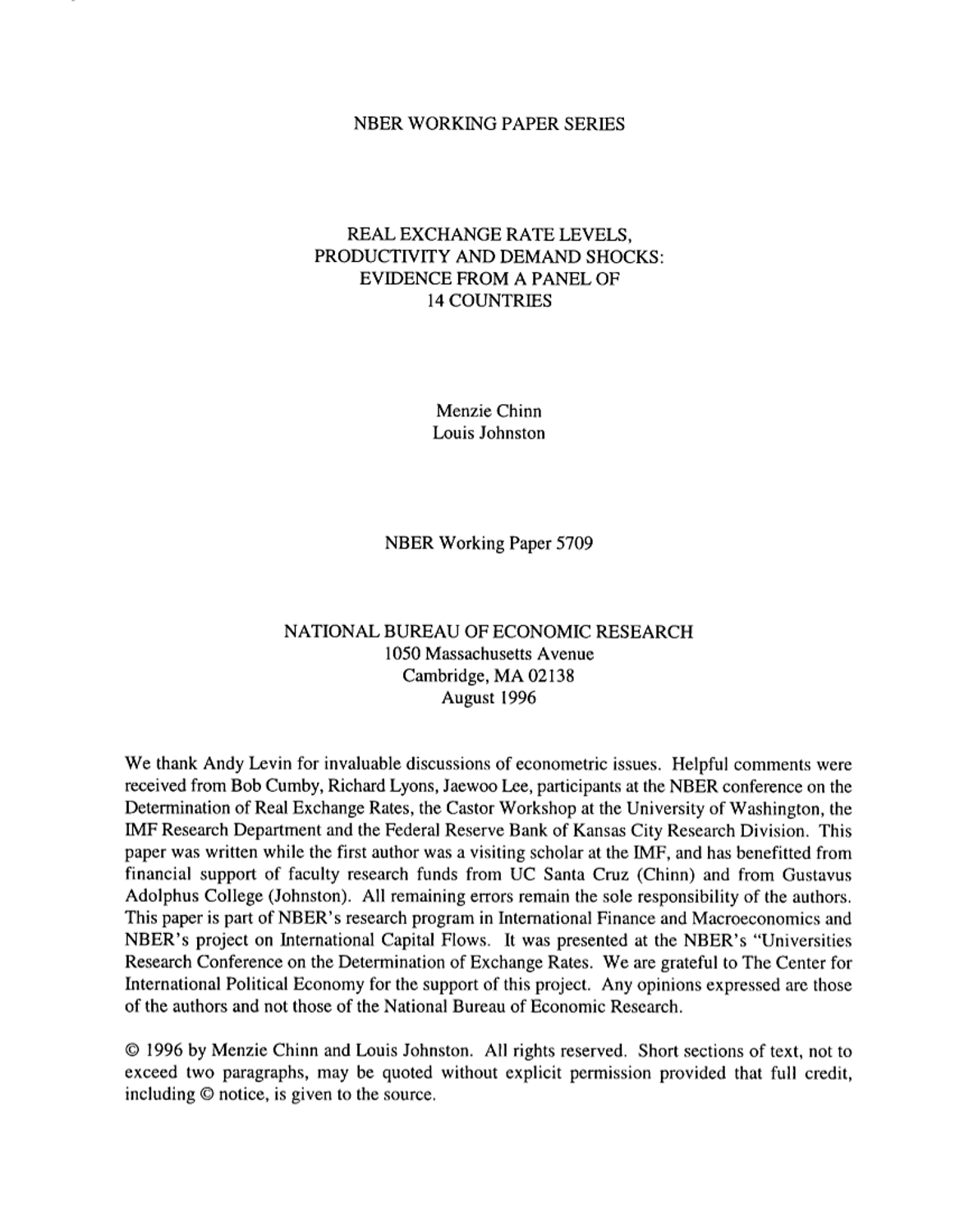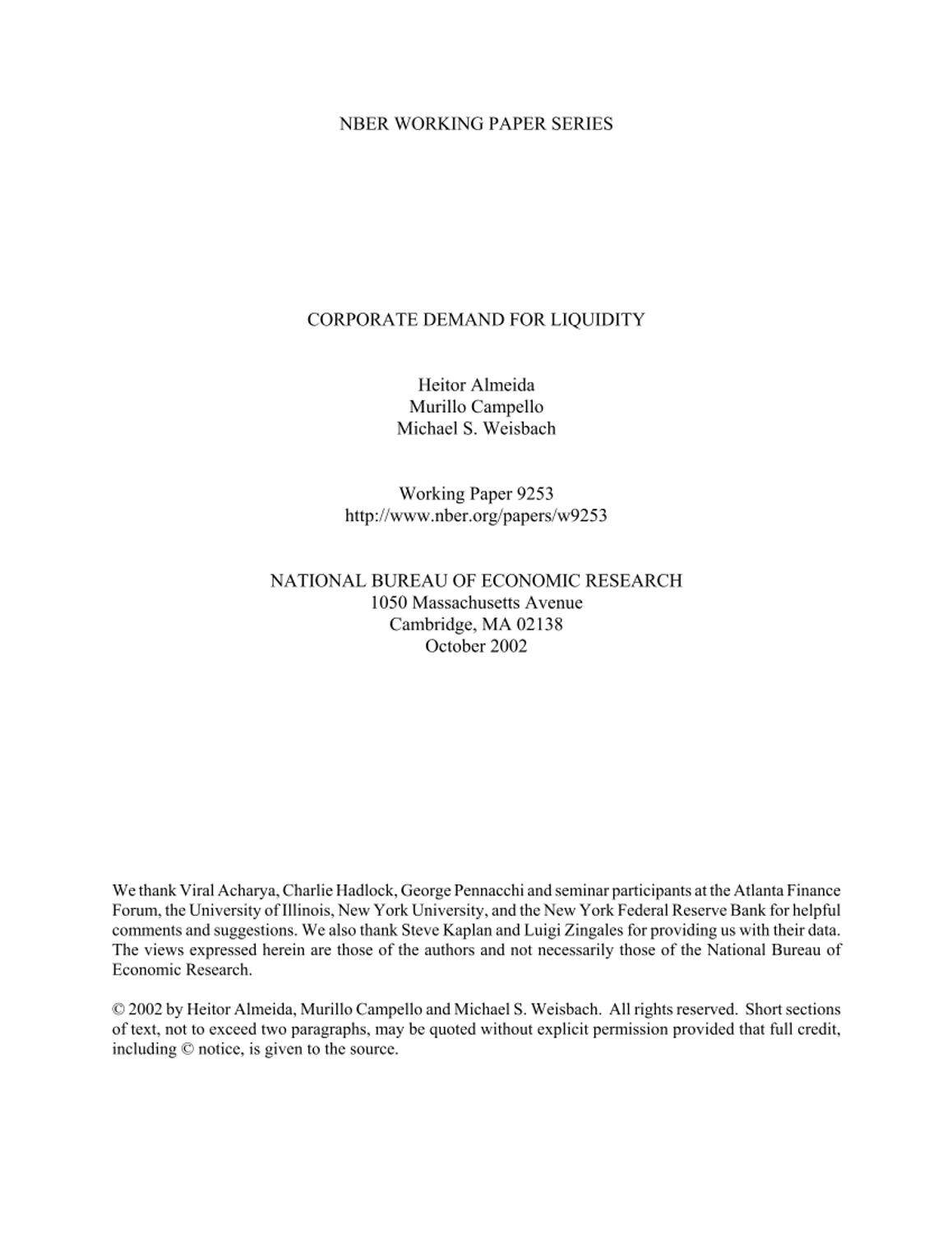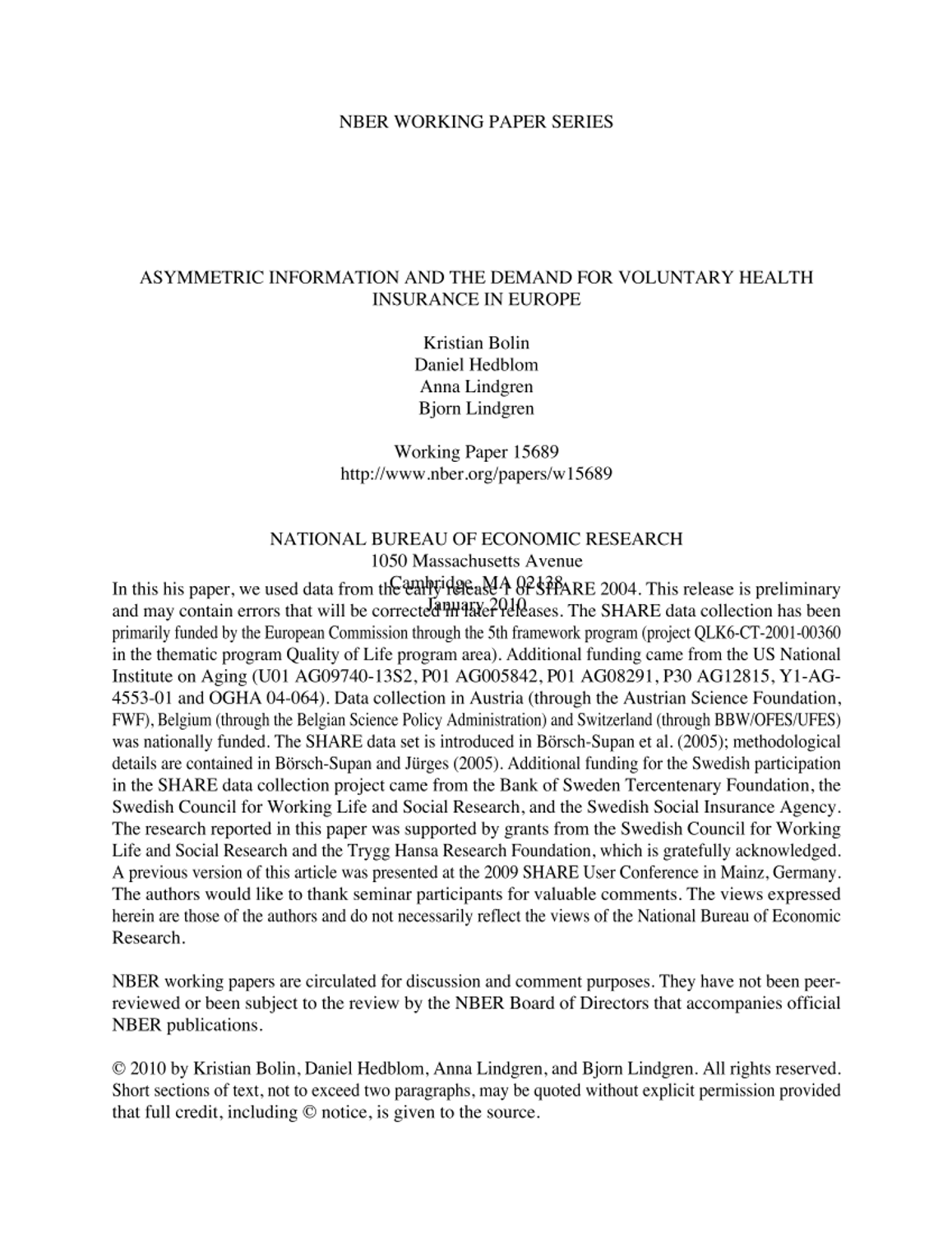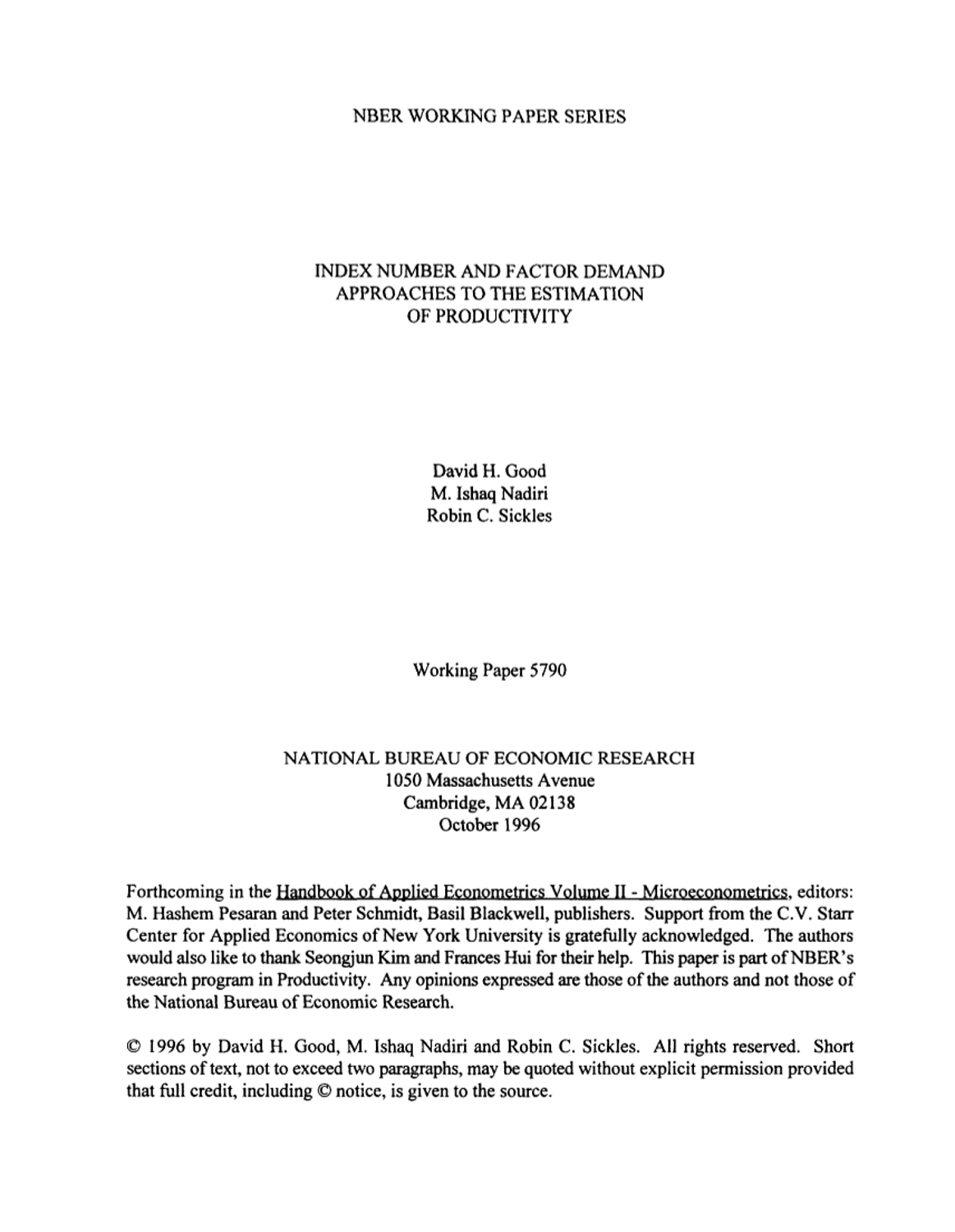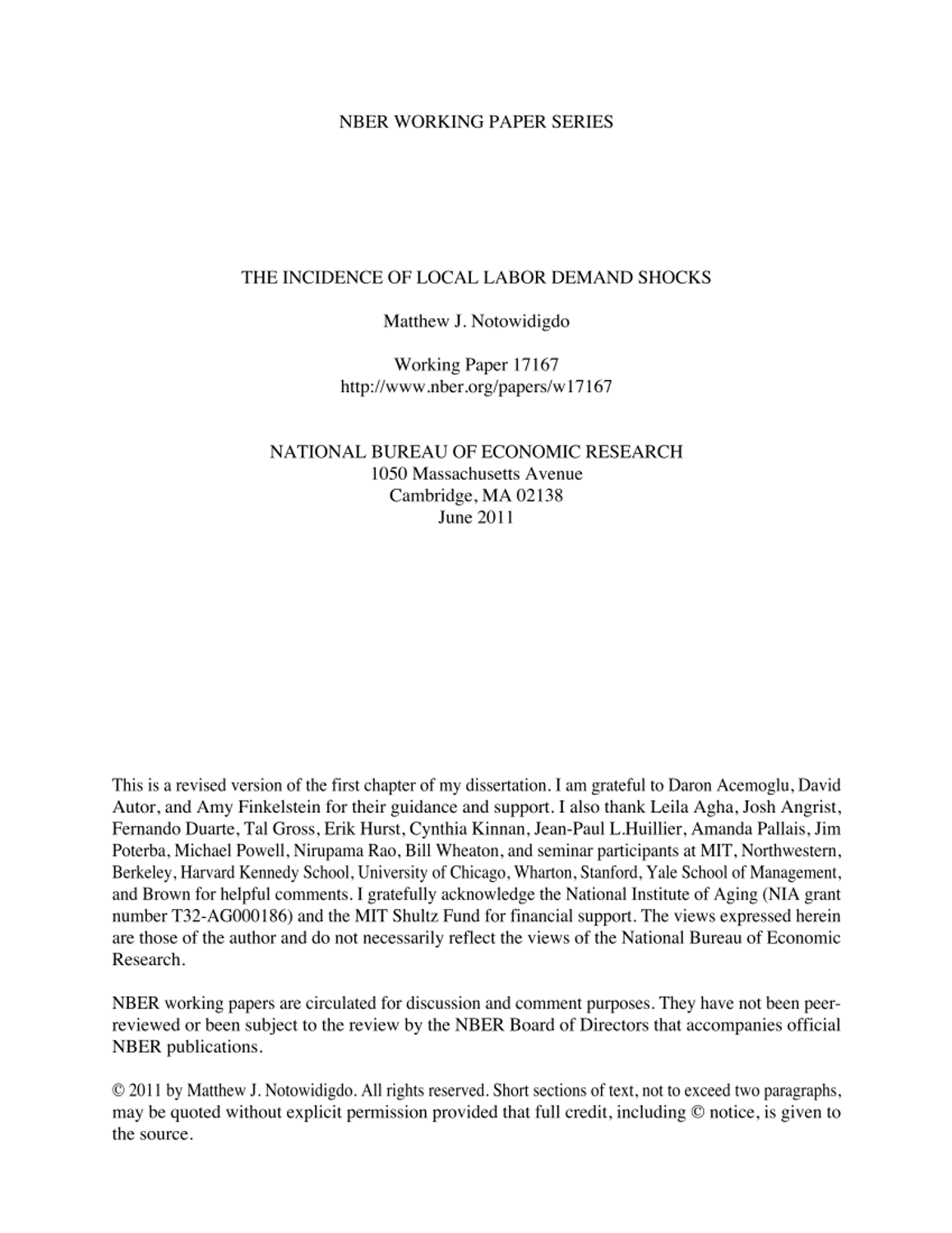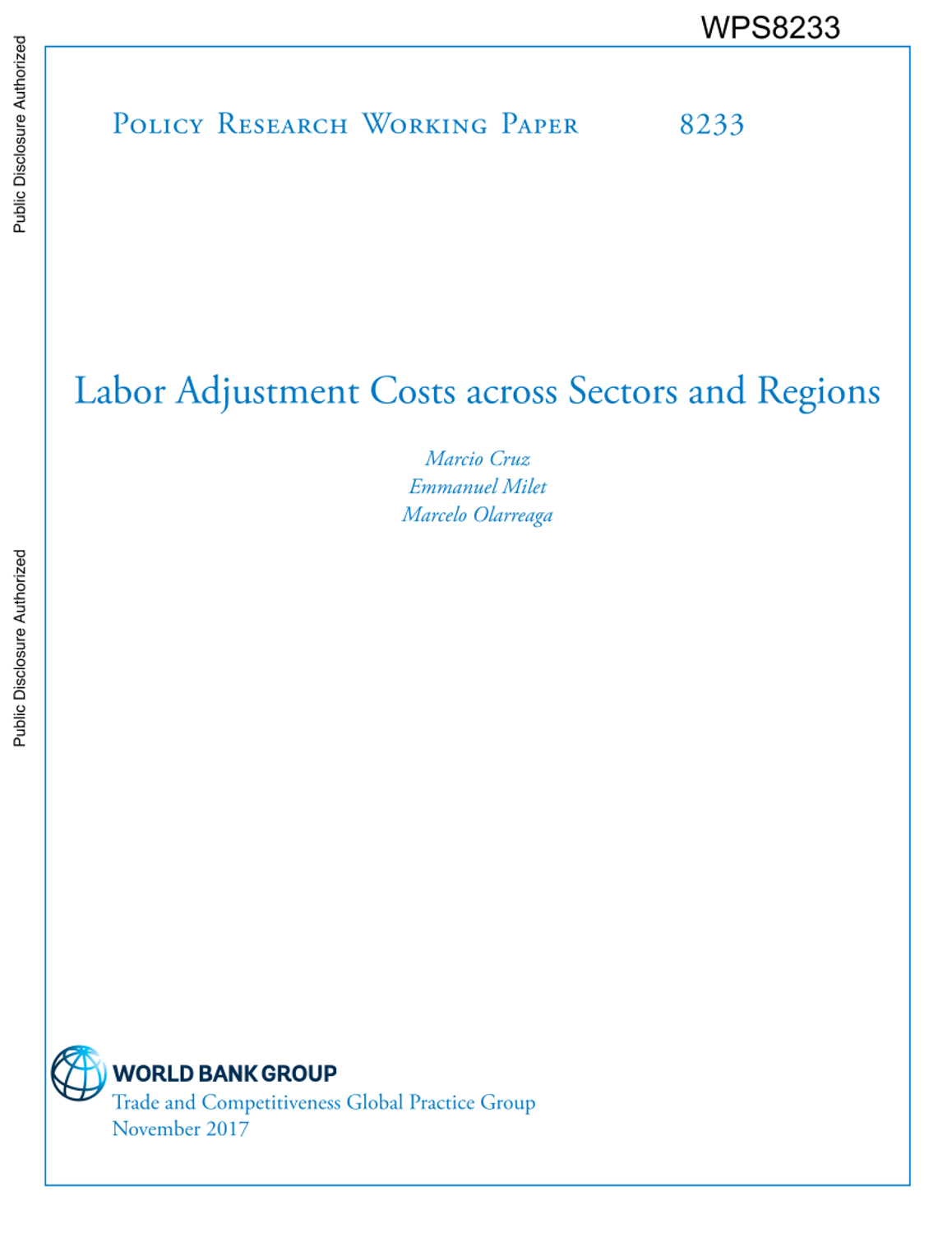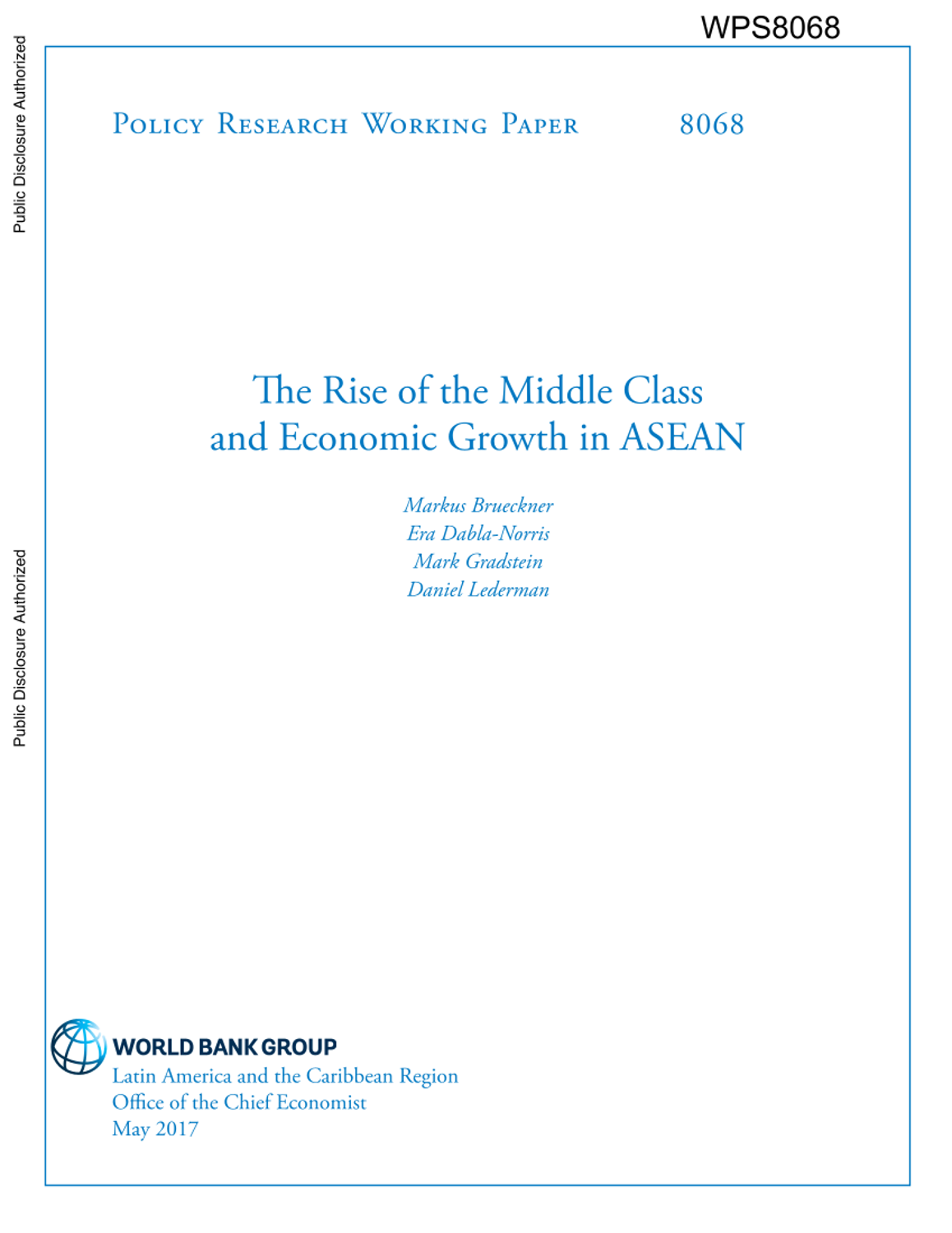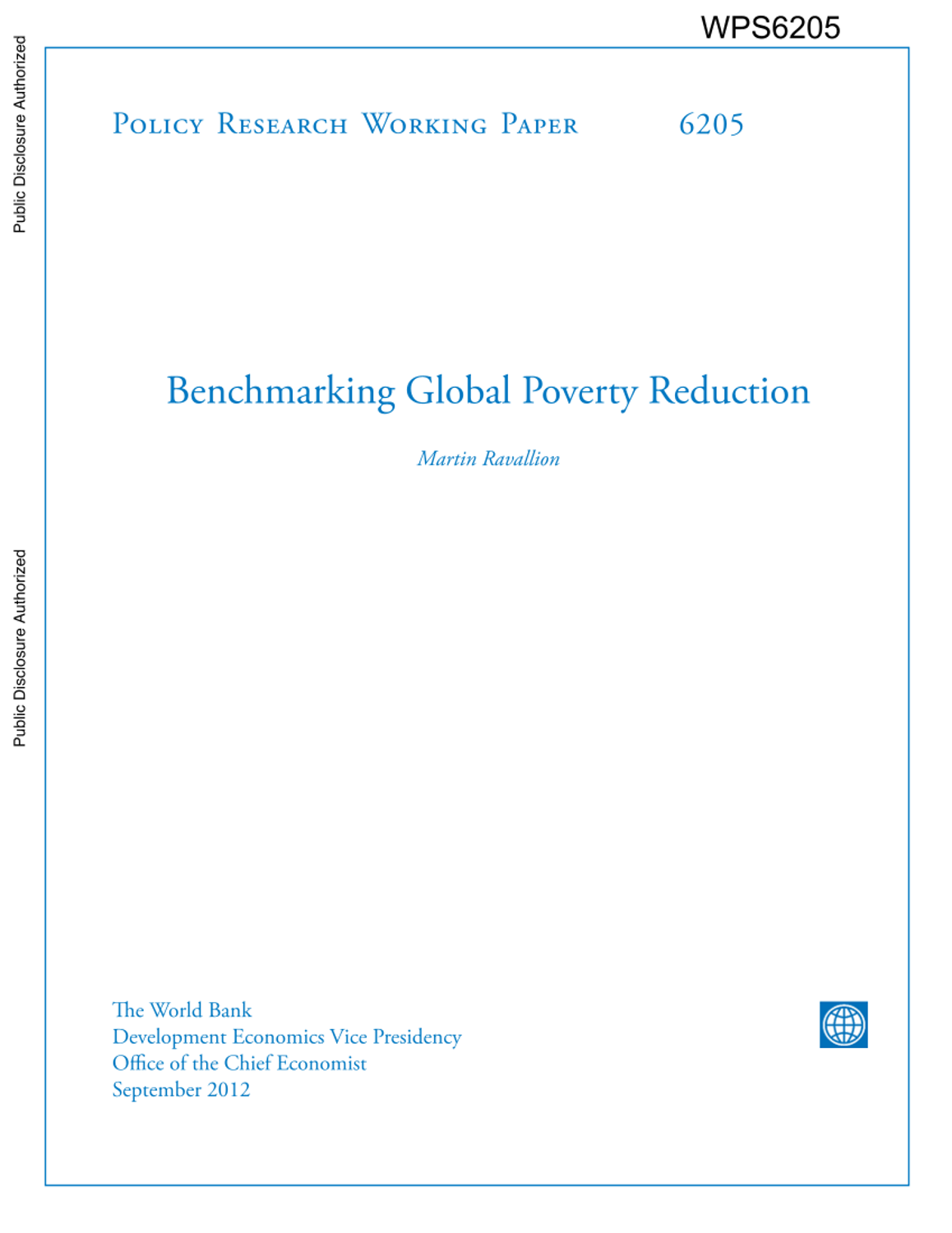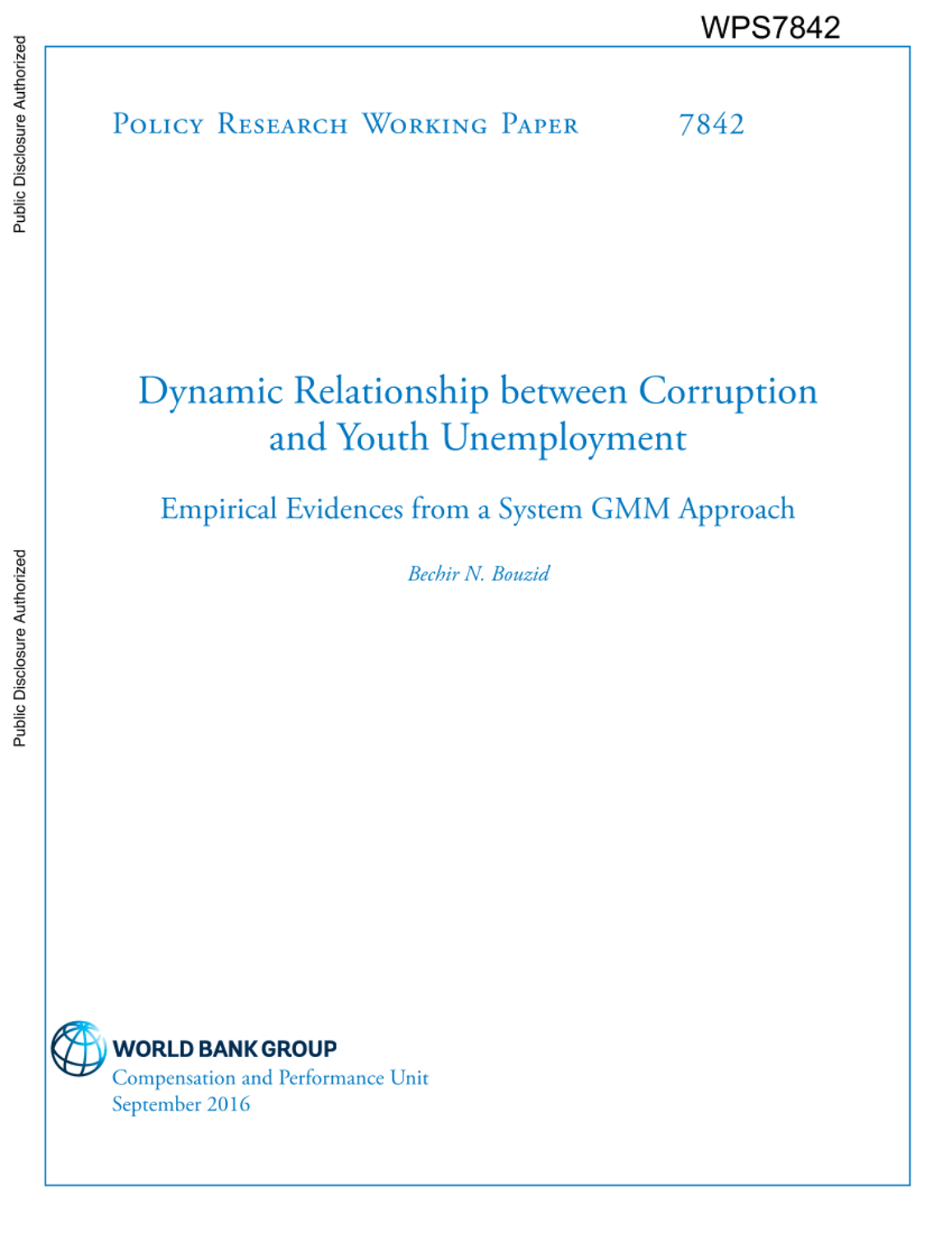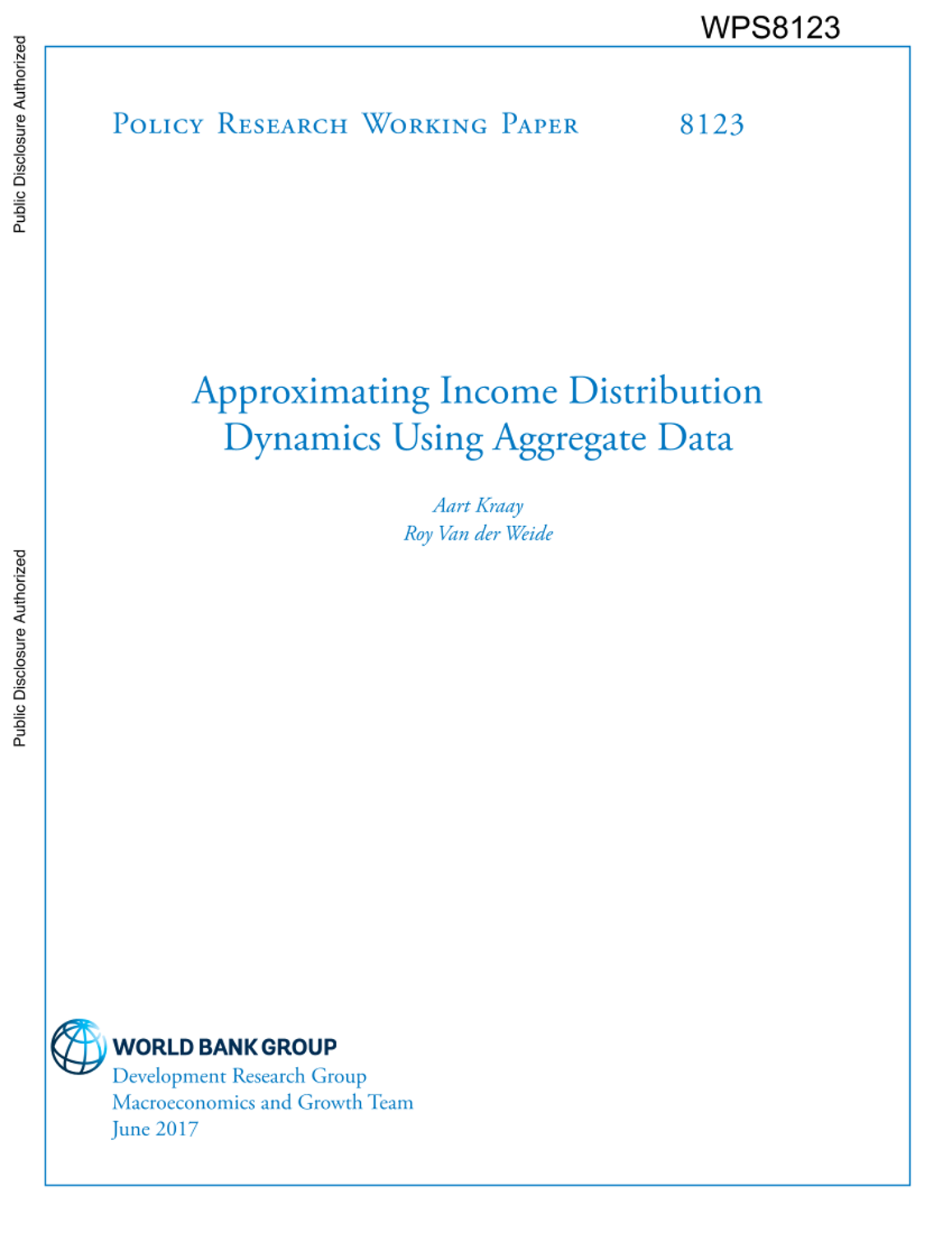연구보고서World Bank Policy Research Working Paper 6389
Demand versus returns ? pro-poor targeting of business grants and vocational skills training
- 청구기호
- WPS 6389
- 발행사항
- Washington,D.C : World Bank, 2013
- 형태사항
- 33 p. :. PDF file ;. 647 KB
- 바로가기
소장정보
| 위치 | 등록번호 | 청구기호 / 출력 | 상태 | 반납예정일 |
|---|---|---|---|---|
이용 가능 (1) | ||||
| E0001838 | 대출가능 | - | ||
이용 가능 (1)
- 등록번호
- E0001838
- 상태/반납예정일
- 대출가능
- -
- 위치/청구기호(출력)
책 소개
Interventions aimed at increasing the income generating capacity of the poor, such as vocational training, micro-finance or business grants, are widespread in the developing world. How to target such interventions is an open question. Many programs are self-targeted, but if perceived returns differ from actual returns, those self-selecting to participate may not be those for whom the program is the most effective. The authors analyze an unusual experiment with very high take-up of business grants and vocational skills training, randomly assigned among nearly all households in selected poor rural communities in Nicaragua. On average, the interventions resulted in increased participation in non-agricultural employment and higher income from related activities. The paper investigates whether targeting could have resulted in higher returns by analyzing heterogeneity in impacts by stated baseline demand, prior participation in non-agricultural activities, and a wide range of complementary asset endowments. The results reveal little heterogeneity along observed baseline characteristics. However, the poorest households are more likely to enter and have higher profits in non-agricultural self-employment, while less poor households assigned to the training have higher non-agricultural wages. This heterogeneity appears related to unobserved characteristics that are not revealed by stated baseline demand, and more difficult to target. In this context, self-targeting may reduce the poverty-reduction potential of income generating interventions, possibly because low aspirations limit the poor''s ex-ante demand for productive interventions while the interventions have the potential to increase those aspirations. Overall, targeting productive interventions to poor households would not have come at the cost of reducing their effectiveness. By contrast, self-targeting would have limited poverty reduction by excluding the poorest.

